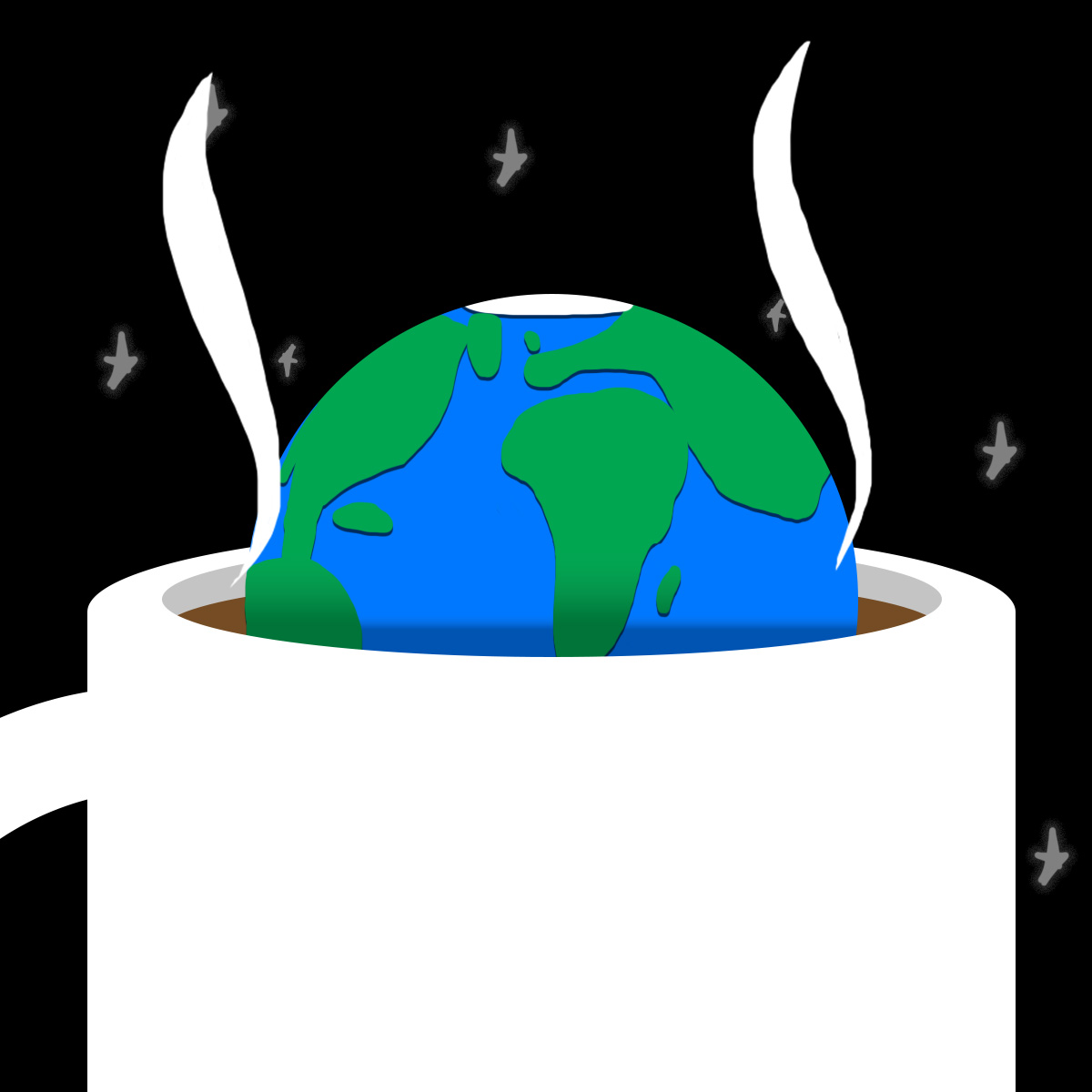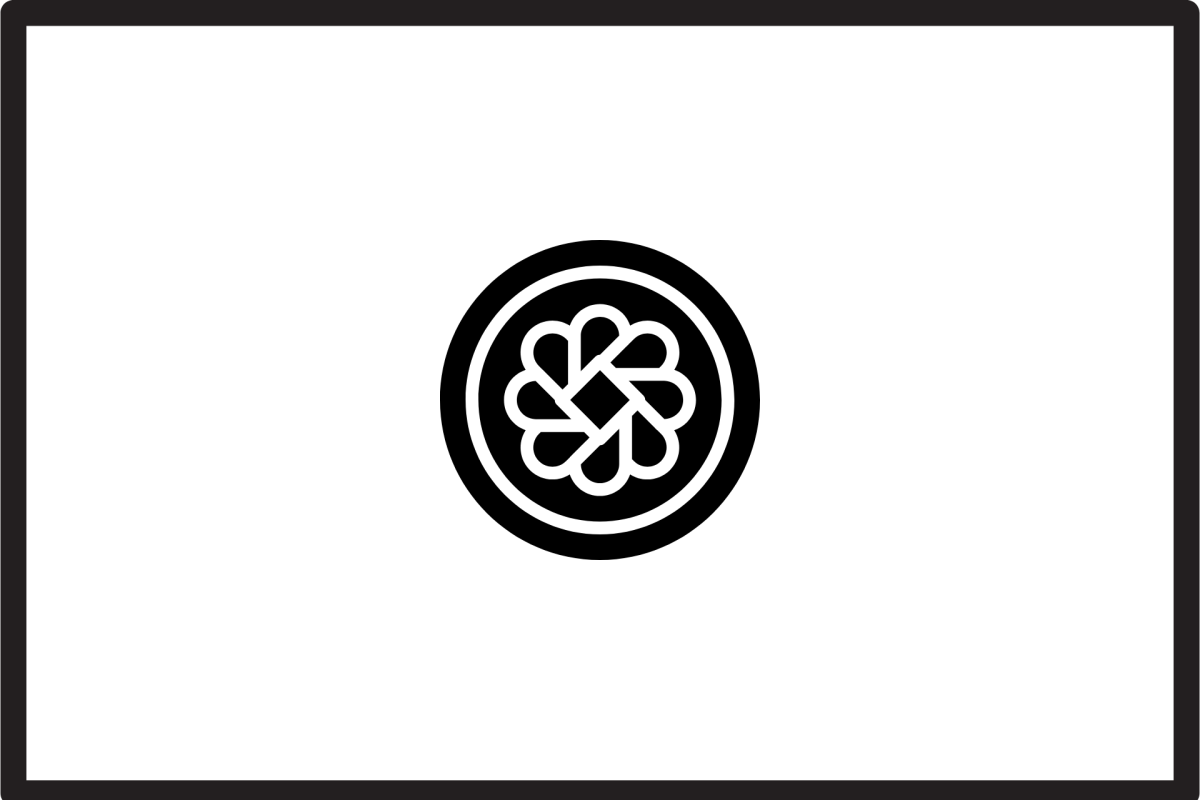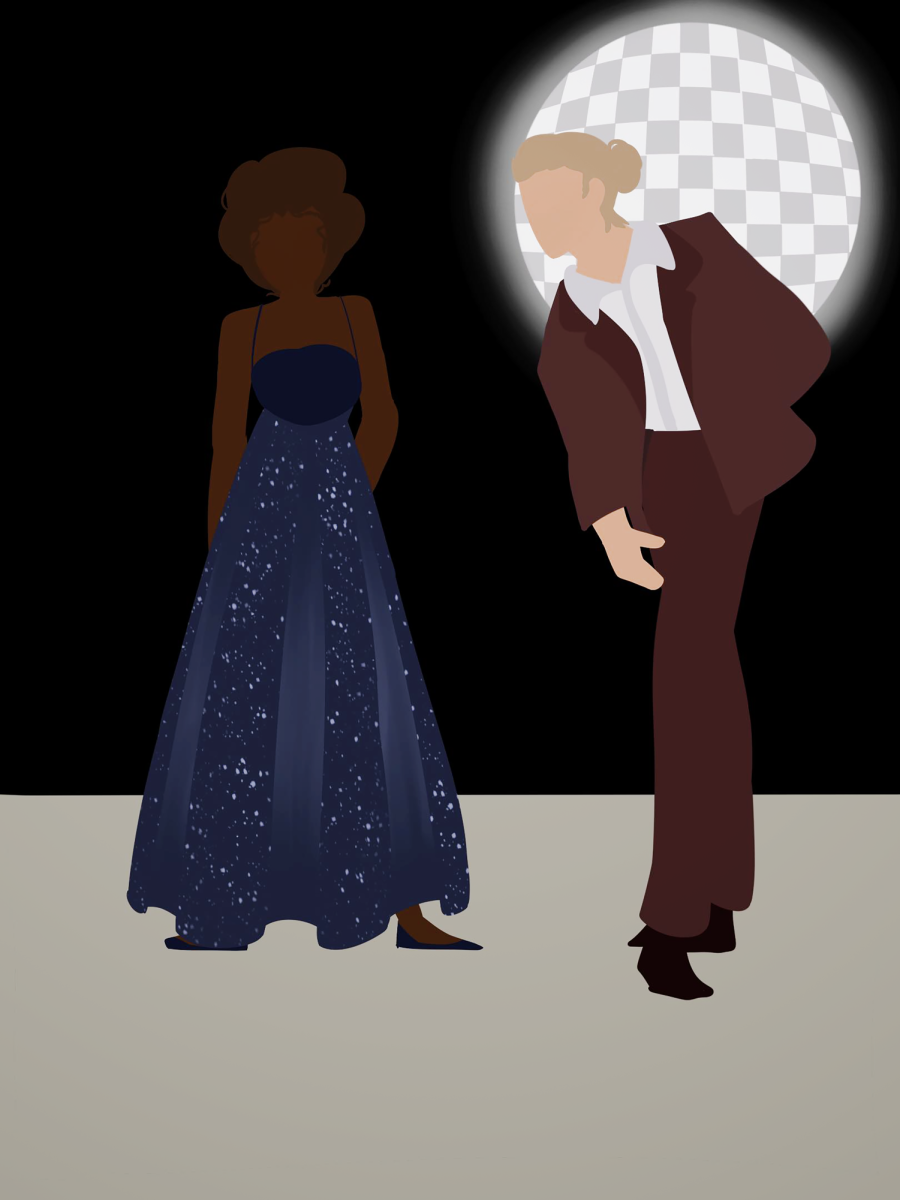Caffeinated drinks have earned a place of unquestioned reverence in a world that thrives on speed, productivity and the relentless pursuit of success.
From the first sip of coffee in the morning to the midday energy boost from a well-timed Monster, caffeine is the lifeblood of many. It’s the fuel that powers productivity, keeping us sharp, alert, and ready to take on the day. But is our dependency on caffeine a healthy and sustainable choice, or have we become mindless to a substance that subtly undermines well-being?
Students and teachers drink gallons of caffeine every day, which helps with productivity but having too much caffeine can lead to physical and mental health issues such as insomnia, anxiety, digestive problems, and heart palpitations.
According to the article, ‘Do caffeinated drinks, such as coffee or energy drinks, hydrate you as well as water?’ by Mayo Clinic, “Very high doses of caffeine, greater than 10 milligrams per kilogram daily, are linked to serious health conditions. If a person weighs 165 pounds (about 75 kilograms), a very high dose is about 750 miligrams of caffeine in a day. Chest pain, irregular heartbeat and stronk have been reported when people take this much caffeine.” Around 400 miligrams of caffeine is the advised amount for healthy adults. That’s around four cups of brewed coffee.
While coffee and energy drinks can give energy to power through the day, it can also rob people of the rest they need to recharge. A cup of coffee in the late afternoon may seem harmless, but its stimulating effects can linger for hours, disrupting sleep cycles and preventing people from getting the deep, restorative rest bodies crave. The resulting sleep deprivation, in turn, leaves people more reliant on caffeine to get through the following day, creating a vicious cycle.
According to the article, ‘When it comes to the health benefits of coffee, timing may count’ by the National Heart, Lung, and Blood Institute, “Drinking coffee with caffine early in the day as opposed to in the afternoon or evening is less likely to alter a person’s sleep patterns, which supports their overall and cardiovascular health. The anti-inflammatory effects of coffee, whether it’s caffeinated or not, may be strongest in the morning since this is when levels of inflammation can peak.” Coffee is effective in helping students and teachers alike stay awake, especially during those earlier periods. It’s no surprise, then, that it has become a productivity tool in high schools across the globe. For many, a day without caffeine is a day devoid of energy, concentration, or even the will to get out of bed.
The conversation around caffeine also points to a larger cultural issue, obsession with productivity. We live in a society that celebrates hustle and burnout, where taking breaks and resting are often seen as weaknesses. In this environment, caffeine serves as a crutch, a way to push limits without ever questioning if people should be pushing them in the first place.
According to the article, ‘Productivity and Caffeine’ by Psychology Today, “Not only does caffeine cause your body to lie to itself about the energy resources it has, but it also causes your body to release adrenaline, giving you that productive “amped up” feeling. The problem with this is that adrenaline pushes the body into overdrive, further taxing your body’s resources. Adrenaline release is fine so long as your body has time to recover from this stress later, but the caffeine you drank has caused your body to use energy that was earmarked from this recovery.”
Instead of treating caffeine as a magic bullet for productivity, we need to reassess the relationship with it and, perhaps more importantly, with rest. Maybe it’s time to embrace the idea of taking a break to let the mind and body cool off.
It’s crucial to recognize when caffeine goes from a tool to a weakness that exacerbates stress or anxiety. True success is not about working around the clock; it’s about finding balance, nurturing well-being, and understanding that rest is a vital part of the equation.
Caffeine will continue to be a staple of modern life, but it may be time to reconsider its place in people’s daily routine.








